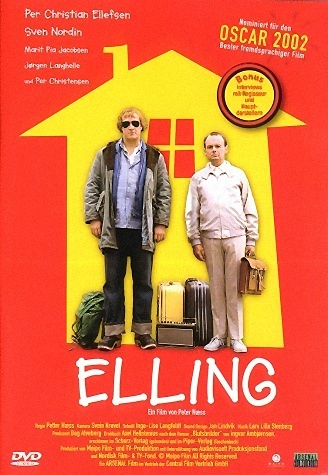 "Whoever moves into the White House will either be a flop and be voted out after one term, or he will become a truly great president. The magnitude of the challenges hardly leaves room for an alternative."
"Whoever moves into the White House will either be a flop and be voted out after one term, or he will become a truly great president. The magnitude of the challenges hardly leaves room for an alternative."Excerpts from “Sisyphus Was Luckier” by Joschka Fischer, Die Ziet.
Last Saturday, as Hillary Clinton was conceding the primary election to Barack Obama and calling for party unity to support him, the lead story in the Washington Post was “Oil at Record Highs, Rising Unemployment, Falling Stock Market.” It was, the Post continued, the worst day in a year already full of bad economic news.
Recession fears are circulating in America. General Motors and Ford teeter on the brink of a chasm, the dollar is in freefall, the unemployment rate is soaring. Forty million Americans have no health insurance, the middle class is in danger of disappearing, the infrastructure is decaying and the educational system is in bad need of overhaul. Too much was postponed or simply swept under the carpet during the boom years. Instead, the Bush administration lowered taxes on gasoline. It’s no wonder that deficits ballooned during Bush’s reign.
The crisis in the American financial markets had little to do with the usual cyclical variations. The whole American growth model, developed over the last thirty years and based on cheap credit, is in danger. An entire era threatens to come to an end….
Figure in the wars in Iraq and Afghanistan, the crisis in Pakistan and the Middle East and the approaching crisis over Iran’s nuclear program, and it becomes clear that the new American president will have nearly insurmountable problems facing him. Compared to the next president, Sisyphus could be considered a lucky guy.
To top it all off, the world’s one remaining superpower will have to stomach a decline. Compared to China, India and Brazil and even to Russia, which has benefited greatly from astronomical gas and oil prices, America’s power and influence is more likely to decline than grow….
If one uses these challenges as a yardstick against which to measure the candidates, Barack Obama has more going for him than John McCain has, even though McCain is the more experienced politician. Why?
Because based on what we already know about John McCain, we may assume that he is more likely to continue policies already in place regarding both domestic and foreign policy rather than to make any basic changes.
It’s certain John McCain would doubtless change style, particularly in foreign policy. He would operate more multilaterally than the current president and he would try to approach the USA’s partners and include them. Materially, however, he is promising continuity and not change. That won’t suffice.
Barack Obama promises change. “Yes, we can!” is his inspirational message. Whether he can keep his promise is open to doubt. Clearly, he can fail – or perhaps not. It’s precisely this that differentiates Obama from McCain: with McCain we probably know exactly what we’ll get. Obama, on the other hand, can crash and burn, or he might just become a truly great American president….
But no matter how the US presidential elections turn out, European governments and heads of state have already been given good advice: don’t wait to see the outcome, get together and get European proposals ready on everything from economic and financial policies, world trade and the Doha rounds, environmental protection, the future of NATO and on to the most serious geopolitical crises….



No comments:
Post a Comment